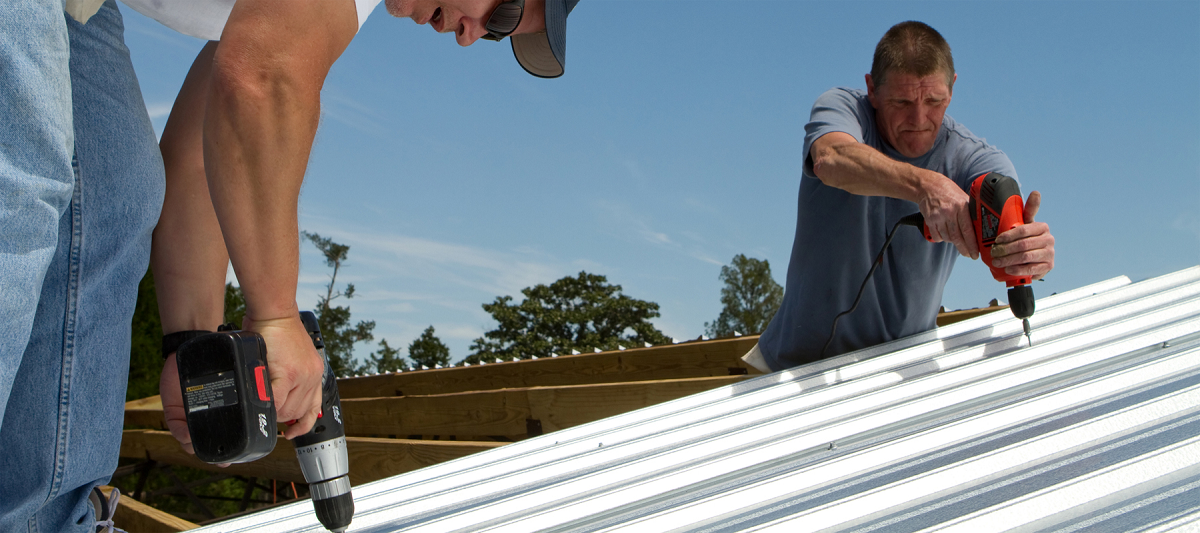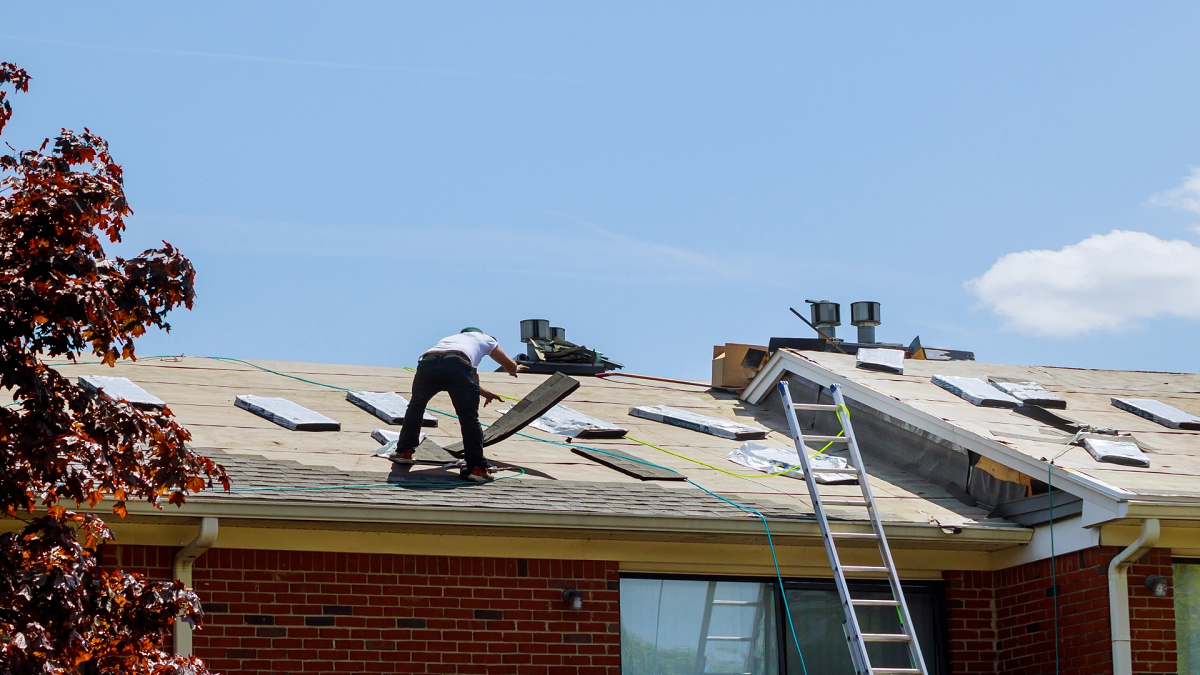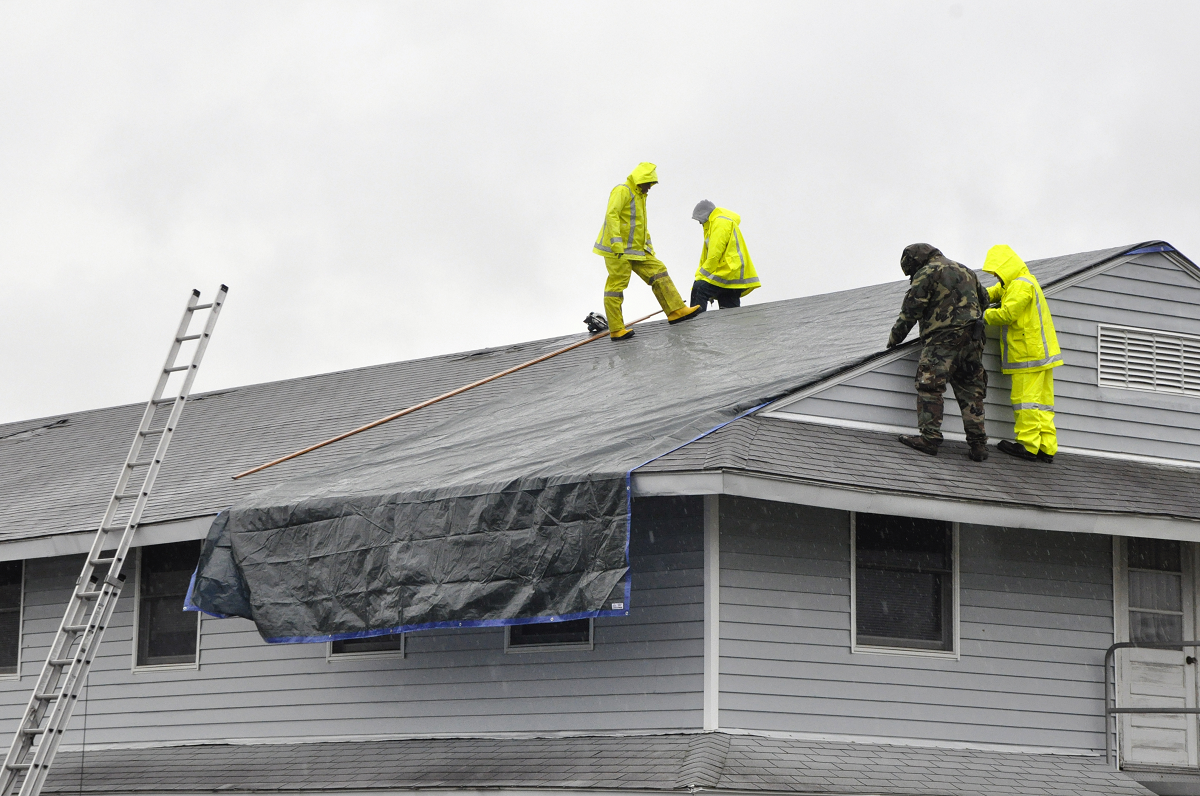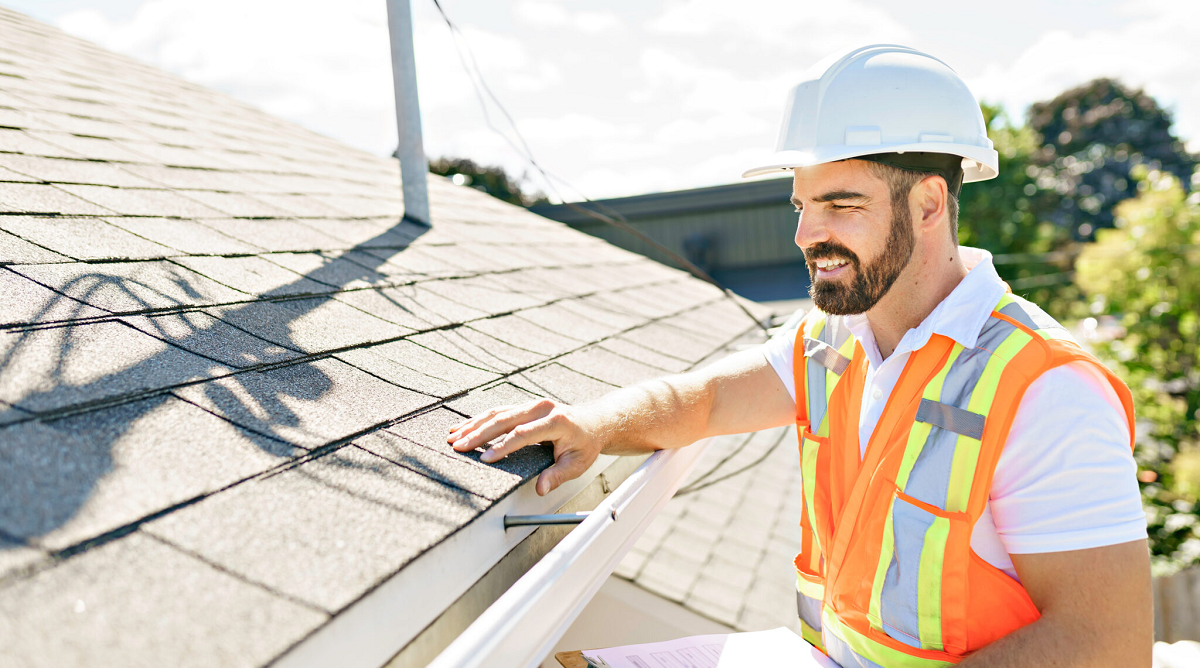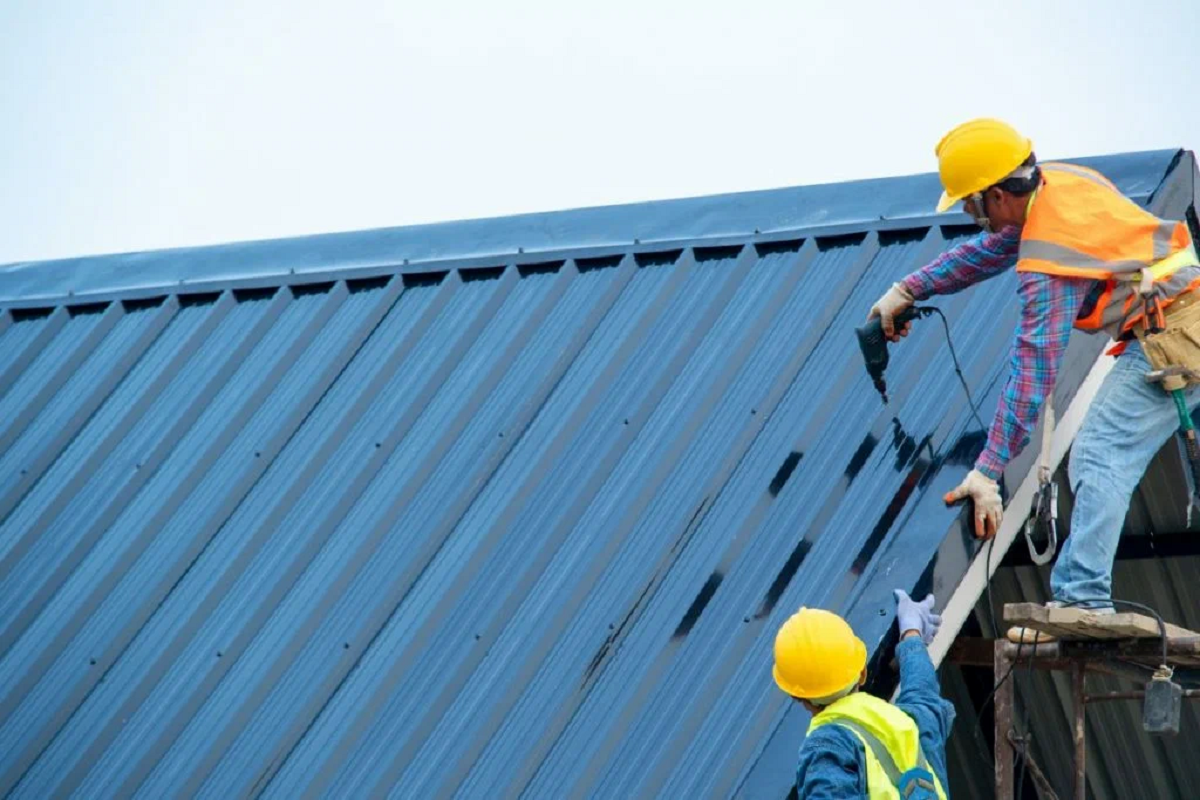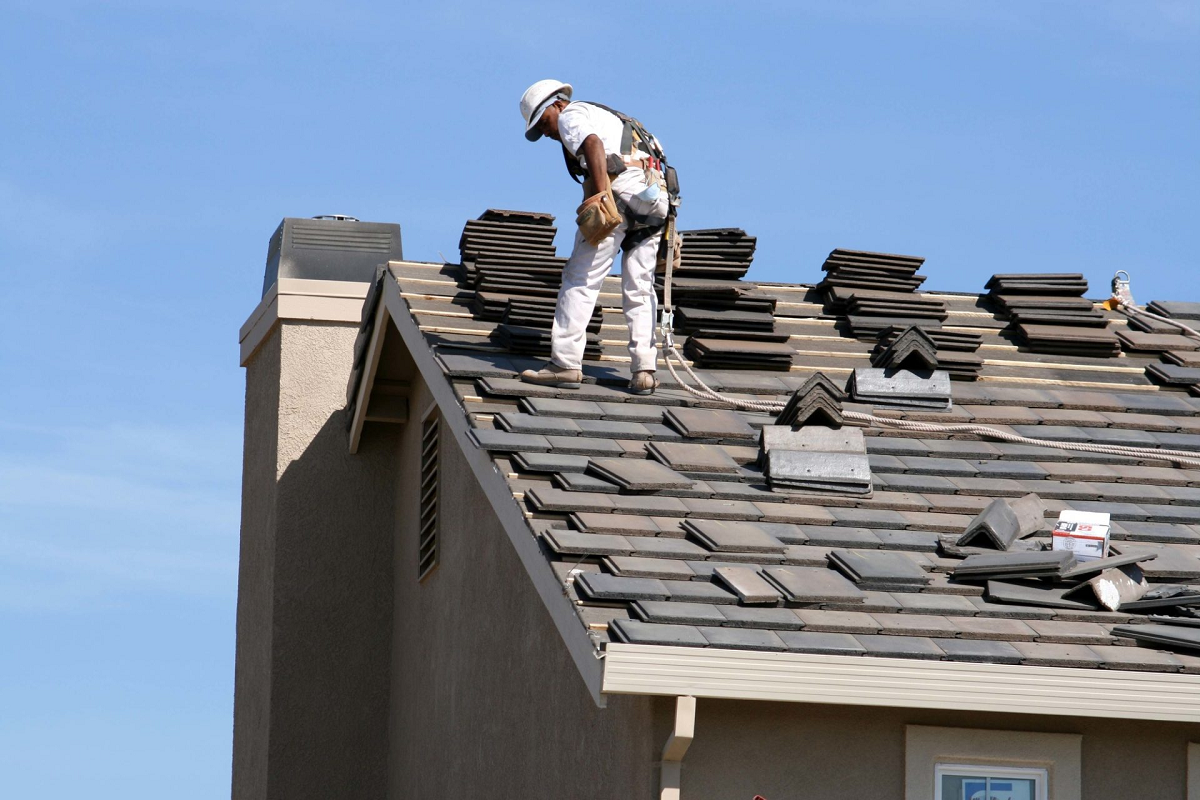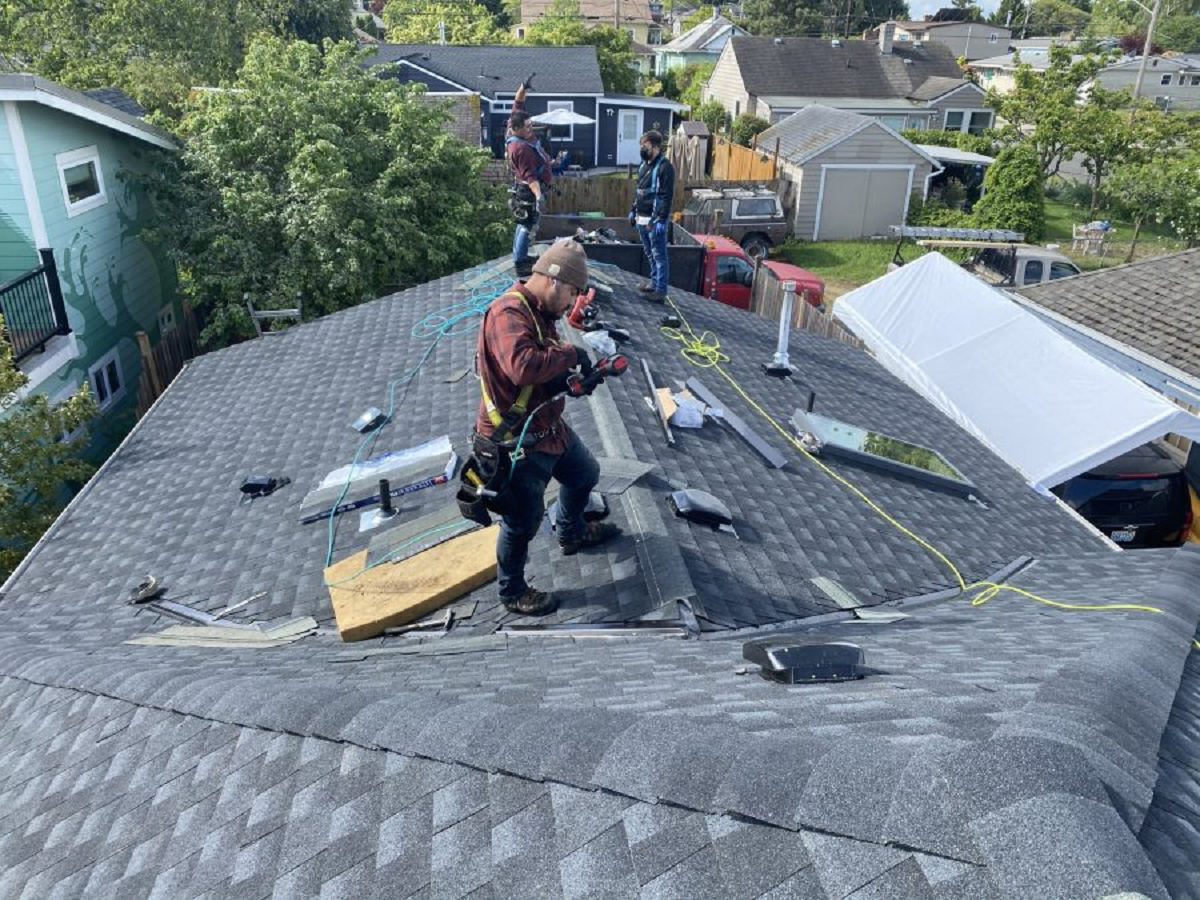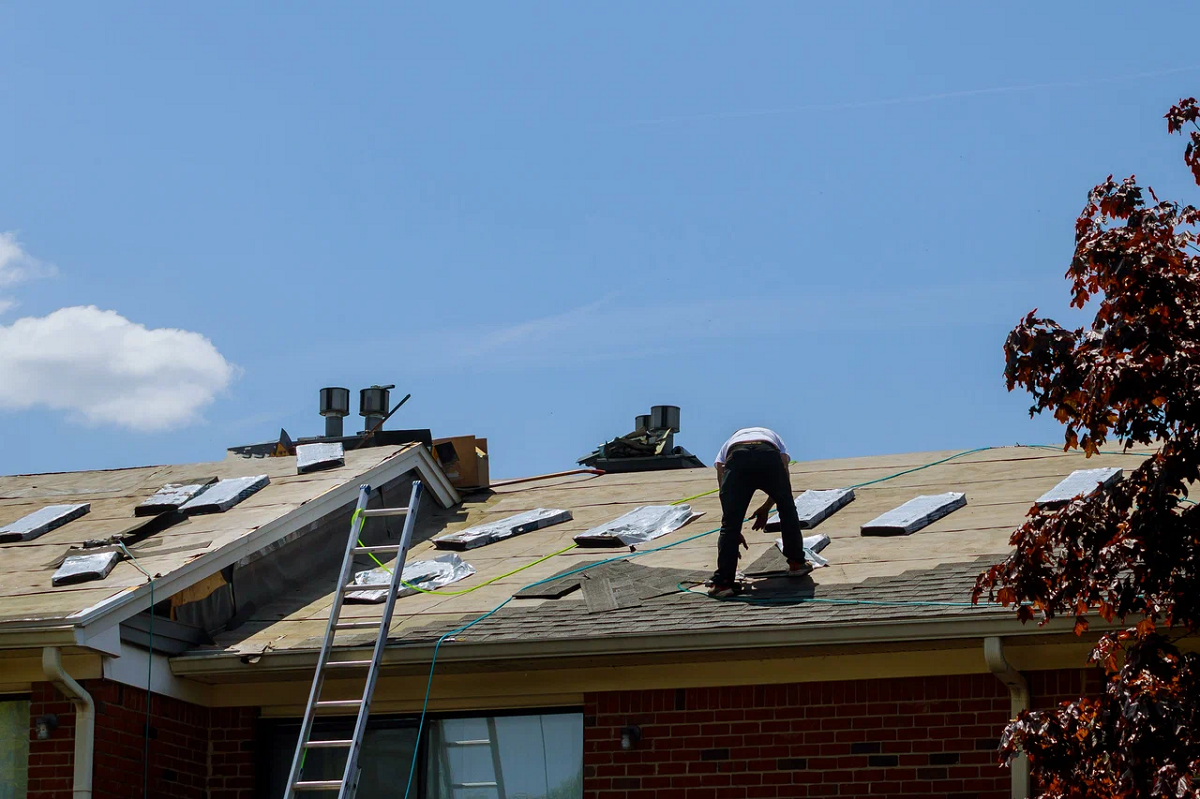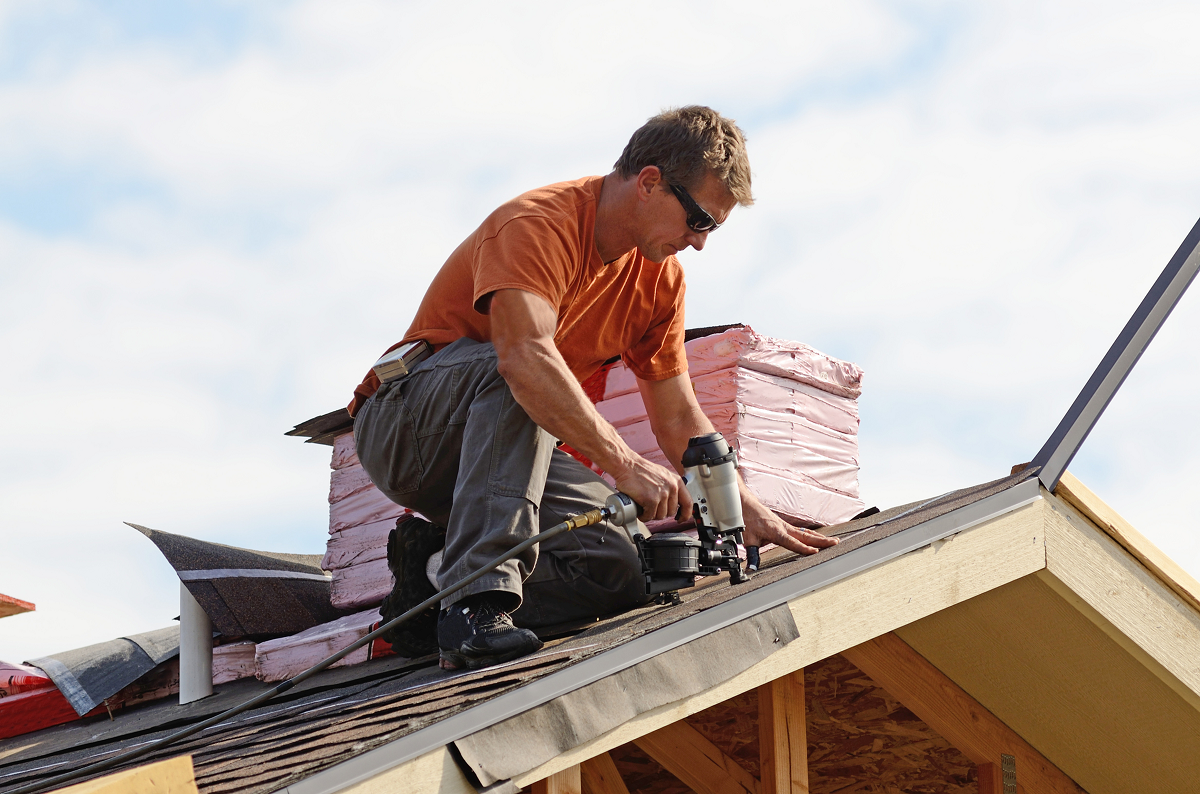Roofing Material Comparison: PVC vs. Bitumen Roofing
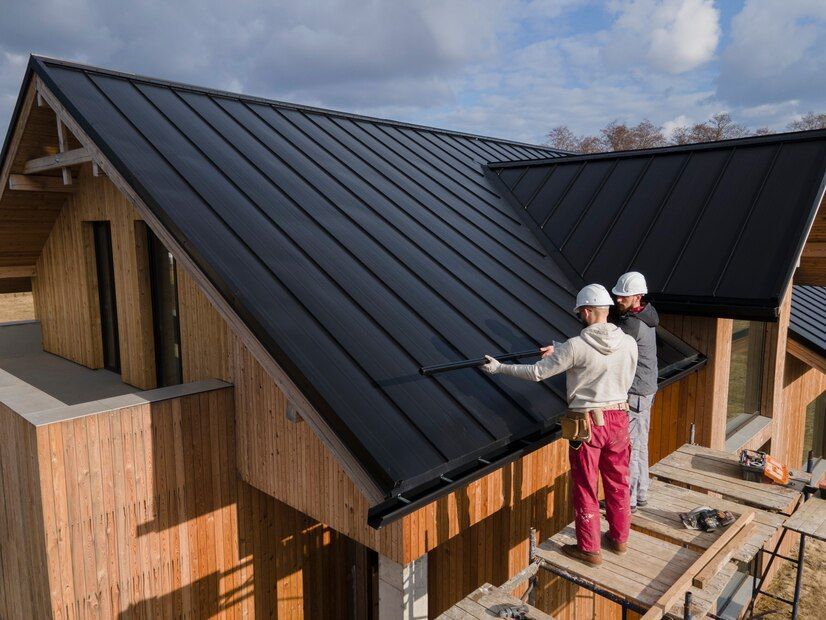
When it comes to roofing materials, the choices can be overwhelming. Among the myriad options available, PVC and bitumen stand out as popular contenders, each with its own set of characteristics and benefits. Understanding the differences between these two materials is crucial for making an informed decision when it's time to replace or install a new roof.
PVC, or polyvinyl chloride, offers durability, resistance to weathering, and low maintenance requirements, making it a favorite in many construction projects. On the other hand, bitumen, a traditional choice, boasts affordability, versatility, and proven longevity. However, comparing PVC and bitumen roofing involves delving into various factors such as cost, installation complexity, environmental impact, and performance under different weather conditions.
By exploring the nuances of PVC versus bitumen roofing, homeowners and builders can determine which material aligns best with their specific needs and preferences.
Composition and Structure
PVC (polyvinyl chloride) roofing comprises layers of PVC membrane reinforced with polyester or fiberglass. This structure gives PVC roofs exceptional strength and flexibility, crucial for withstanding various weather conditions. On the other hand, bitumen roofing, also known as asphalt roofing, consists of layers of bitumen— a sticky, viscous substance derived from crude oil— reinforced with either fiberglass or polyester.
These layers are typically applied in multiple plies or as a single-ply membrane. Bitumen roofs often incorporate a protective surfacing layer of gravel or granules. The composition and structure of both PVC and bitumen roofing play significant roles in their performance and suitability for different applications, making it essential to understand their construction nuances when choosing between them.
Durability and Longevity
Durability and longevity are paramount considerations for any roofing material. PVC roofing is renowned for its exceptional durability, capable of withstanding extreme temperatures, UV exposure, and harsh weather conditions without deteriorating.
Its flexible nature allows it to adapt to building movements without cracking or tearing, ensuring long-term performance. PVC roofs typically come with warranties ranging from 20 to 30 years, reflecting their robustness and reliability.
Bitumen roofing, while also durable, may require more frequent maintenance to ensure longevity. Proper installation and maintenance can extend the lifespan of a bitumen roof, which typically ranges from 15 to 25 years. Understanding the durability and longevity of PVC and bitumen roofing is crucial for making informed decisions regarding the long-term protection and investment in a property's structure.
Weather Resistance
Weather resistance is a critical aspect of roofing materials, particularly in areas prone to extreme weather conditions. PVC roofing exhibits excellent resistance to moisture, wind, hail, and temperature fluctuations, making it suitable for both hot and cold climates. Its welded seams provide superior waterproofing, reducing the risk of leaks and water damage.
Additionally, PVC roofs have a high resistance to chemicals, making them ideal for industrial and commercial applications. Bitumen roofing, although inherently weather-resistant, may require additional treatments or coatings to enhance its protection against UV radiation and temperature extremes. Properly maintained bitumen roofs can withstand harsh weather conditions admirably, but they may be more prone to damage from hail and heavy impacts compared to PVC roofing.
Maintenance Requirements
Maintenance significantly impacts roofing materials' long-term performance and cost-effectiveness. PVC roofing requires minimal upkeep, with periodic cleaning to prevent mold or algae growth due to its smooth surface promoting water runoff. Routine inspections are essential to address any issues promptly.
Conversely, bitumen roofing often demands more frequent maintenance, including inspections for cracks or loose seams. Protective coatings may also require periodic reapplication to maintain weather resistance and extend the roof's lifespan. Understanding these maintenance needs enables property owners to effectively plan and budget for ongoing upkeep.
Environmental Impact
Understanding the environmental impact of roofing materials is crucial for making eco-conscious construction decisions.
- Production Methods: Assessing the energy consumption and emissions associated with manufacturing roofing materials.
- Material Sourcing: Evaluating the environmental impact of raw material extraction and transportation.
- Installation Practices: Considering the energy usage and waste generation during the installation process.
- Maintenance Requirements: Understanding the environmental implications of routine maintenance and repairs.
- End-of-Life Options: Exploring recycling programs and disposal methods to minimize landfill waste and promote resource conservation.
Considering the environmental impact of roofing materials throughout their lifecycle can guide construction professionals towards more sustainable practices. Whether opting for PVC or bitumen roofing, exploring recycling initiatives and adopting environmentally friendly practices can contribute to building a greener future. Let's prioritize sustainability in construction to protect our planet for generations to come.
Cost Considerations
Cost considerations play a significant role in the decision-making process when selecting roofing materials for a project. PVC roofing typically comes with a higher upfront cost compared to bitumen roofing, primarily due to its superior durability, longevity, and performance characteristics.
However, the initial investment in PVC roofing can yield long-term savings through reduced maintenance and repair expenses over its lifespan. Bitumen roofing, while more affordable initially, may incur higher maintenance and replacement costs over time, potentially offsetting the initial savings.
Factors such as installation complexity, roof size, and geographic location can also influence overall project costs. Balancing upfront costs with long-term value is essential for property owners seeking to maximize their investment in roofing materials.
Installation Process
The installation process of roofing materials can vary significantly depending on the type of material and the expertise of the roofing contractor. PVC roofing is typically installed using heat-welded seams or adhesive bonding, creating a watertight seal and ensuring uniformity across the roof surface.
Proper installation techniques are crucial for maximizing the performance and lifespan of PVC roofing systems. Bitumen roofing installation involves applying layers of bitumen sheets or rolls, followed by heat-welding or cold adhesives to secure the seams.
Gravel or granules may be embedded in the top layer for additional protection and aesthetic appeal. Proper substrate preparation and adherence to manufacturer guidelines are essential for ensuring the integrity and longevity of both PVC and bitumen roofing installations.
Aesthetic Appeal
Aesthetic appeal plays a significant role in the overall design and visual impact of a building's exterior. PVC roofing offers a sleek, modern appearance with a smooth surface and a range of color options to complement various architectural styles. Its clean lines and uniformity can enhance the curb appeal of residential, commercial, and industrial buildings. Bitumen roofing, while traditionally associated with a more rugged or utilitarian look, can also be aesthetically pleasing, especially when complemented by decorative gravel or granules.
The choice between PVC and bitumen roofing may depend on factors such as personal preference, building design, and neighborhood aesthetics. Property owners should consider the visual impact of roofing materials in conjunction with their performance and durability characteristics when making decisions about roof design and construction.
Performance in Different Climates
Roofing materials must withstand varying climatic conditions to ensure longevity and effectiveness. Here's how PVC and bitumen roofing fare in different climates:
- Hot Climates: PVC roofing demonstrates excellent performance in hot climates due to its flexibility and UV resistance, remaining durable and resistant to cracking or warping under intense sun exposure. Bitumen roofing also performs well in hot climates, providing thermal insulation and resisting heat damage.
- Cold Climates: Both PVC and bitumen roofing materials are suitable for cold climates. PVC roofing remains pliable in low temperatures, preventing cracking, while bitumen roofing's asphalt composition offers thermal insulation and helps prevent ice dam formation.
- Coastal Environments: PVC roofing excels in coastal environments due to its superior resistance to moisture and humidity, making it less susceptible to corrosion and degradation from saltwater exposure. Bitumen roofing can also withstand coastal conditions with proper maintenance and protection against saltwater exposure.
- High-Humidity Areas: PVC roofing's resistance to moisture and humidity makes it ideal for high-humidity areas, as it prevents water infiltration and mold growth. Bitumen roofing can also perform well in such environments with proper installation and maintenance to prevent water damage.
- Extreme Weather Conditions: Both PVC and bitumen roofing materials exhibit resilience in extreme weather conditions, including strong winds, heavy rainfall, and hail. PVC roofing's welded seams provide superior waterproofing, while bitumen roofing's multiple layers offer protection against impact damage.
PVC and bitumen roofing materials demonstrate robust performance across various climates, providing durability, weather resistance, and protection against environmental elements. Whether in hot, cold, coastal, high-humidity, or areas prone to extreme weather, both materials offer reliable solutions for roofing needs, ensuring long-lasting protection for homes and buildings.
Sustainability and Recyclability
Sustainability and recyclability are increasingly important considerations in construction projects, as society strives to reduce waste and minimize environmental impact. PVC roofing has faced scrutiny due to its reliance on petroleum-based materials and potential environmental hazards associated with production and disposal.
However, PVC manufacturers have made efforts to improve sustainability by incorporating recycled content, implementing recycling programs, and reducing emissions during production. Bitumen roofing, derived from asphalt, is inherently recyclable and can be reused in various applications at the end of its lifespan, contributing to circular economy principles.
Additionally, advancements in bitumen recycling technology have made it increasingly feasible to reclaim and repurpose old bitumen roofing materials. Evaluating the sustainability and recyclability of PVC and bitumen roofing involves considering factors such as material sourcing, energy consumption, waste generation, and end-of-life options, helping property owners make environmentally conscious decisions for their roofing projects.
The choice between PVC and bitumen roofing materials involves careful consideration of various factors, including composition, durability, weather resistance, maintenance requirements, environmental impact, cost, installation process, aesthetic appeal, performance in different climates, and sustainability. Both PVC and bitumen roofing offer unique advantages and may be suitable for different applications depending on specific needs and preferences.
However, regardless of the chosen material, ensuring professional installation and proactive maintenance are essential for maximizing the lifespan and performance of the roof. At Avalon Roofing Services, we understand the significance of your roof as an investment, protecting your home and family. With over 30 years of experience serving Manteca, we are committed to providing reliable, high-quality roofing solutions.
Contact us today at (209) 380-1275 or email us at contact@avalonroofing209.com to learn more about our services and schedule a consultation. Trust Avalon Roofing Services for all your roofing needs. CA. LIC#: 1075996.
